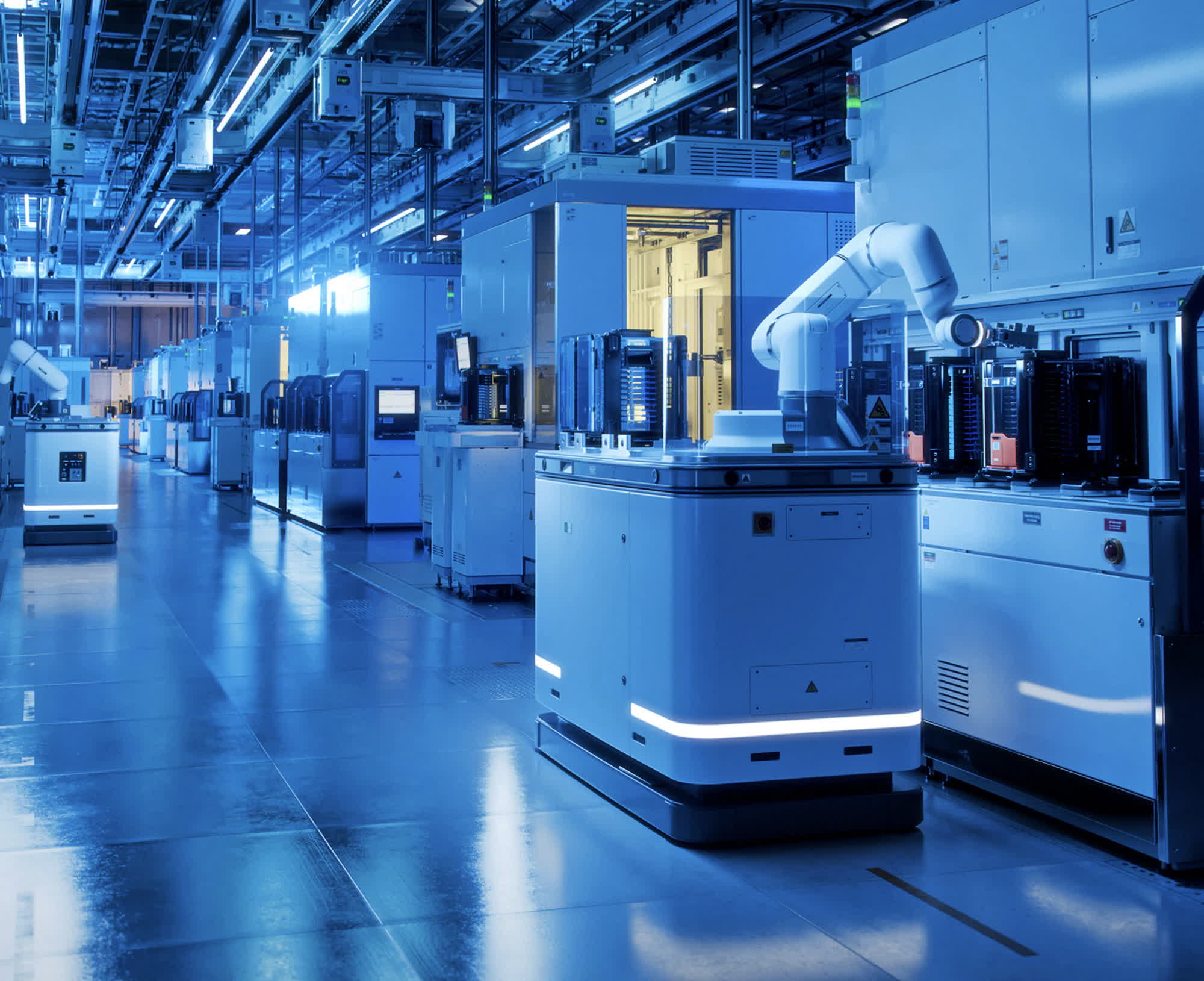A hot potato: Morris Chang is a famous figure in the semiconductor service. The Taiwanese-American business person and electrical engineer established TSMC in 1987, and is referred to as the daddy of the whole semiconductor market of Taiwan. And he’s still making some vibrant forecasts about the future.
Chang just recently mentioned that the present need for AI hardware accelerators is so high that his business will quickly need to increase its production capability at shocking rates. Chang spoke throughout the inauguration event of TSMC’s very first factory integrated in Japan, specifying that he is anticipating a brand-new “chip renaissance” for the Asian nation.
The TSMC creator stated he talked with unnamed agents of AI chip business, which those executive figures made some unmatched demands to the Taiwanese foundry. “They are not discussing 10s of countless wafers,” Chang stated, they desire TSMC to construct brand-new factory. At this rate, TSMC will require to open 3, 5, 10 brand-new fabs, Chang mentioned.
GPUs and other specific chips are based upon extremely parallel styles, supplying a considerable increase in AI applications such as machine-learning design training or inference-based chatbots. Need for those silicon items is greater than ever; whole corporations are re-focusing their service around the brand-new market buzz and Nvidia– the indisputable declare of the AI boom– just recently confessed that it will not have the ability to please the world’s appetite for more AI chips by itself.

Nevertheless, developing a completely brand-new chip factory is an extremely expensive venture, even for among the couple of first-rate foundry business like TSMC. After his overblown forecasts, Chang then used a more tempered projection for the future. The TSMC creator forecasts that real market need for brand-new AI chips will likely be “someplace in the middle,” in between 10s of countless wafers and “10s of fabs.”
While participating in the opening event of TSMC’s brand-new Japanese plant, Chang stated that he initially got here in the nation in 1968, to begin a joint endeavor in between Texas Instruments and Sony. After establishing TSMC, Chang saw the cultural and skill resemblances in between Taiwan and Japan for the then-nascent semiconductor market.
In the late 1980s, the Asian country owned 6 of the leading 10 international chipmakers. After missing out on the PC transformation, Japan’s lead was later on deteriorated by competitors from the United States, Taiwan, and South Korea. Today, the world’s biggest chip makers are all outside Japan, while regional customer electronic devices corporations still hold substantial market shares in the image sensing unit service (Sony), automobile applications (Renesas, Rohm), and NAND Flash memory chips (Kioxia).